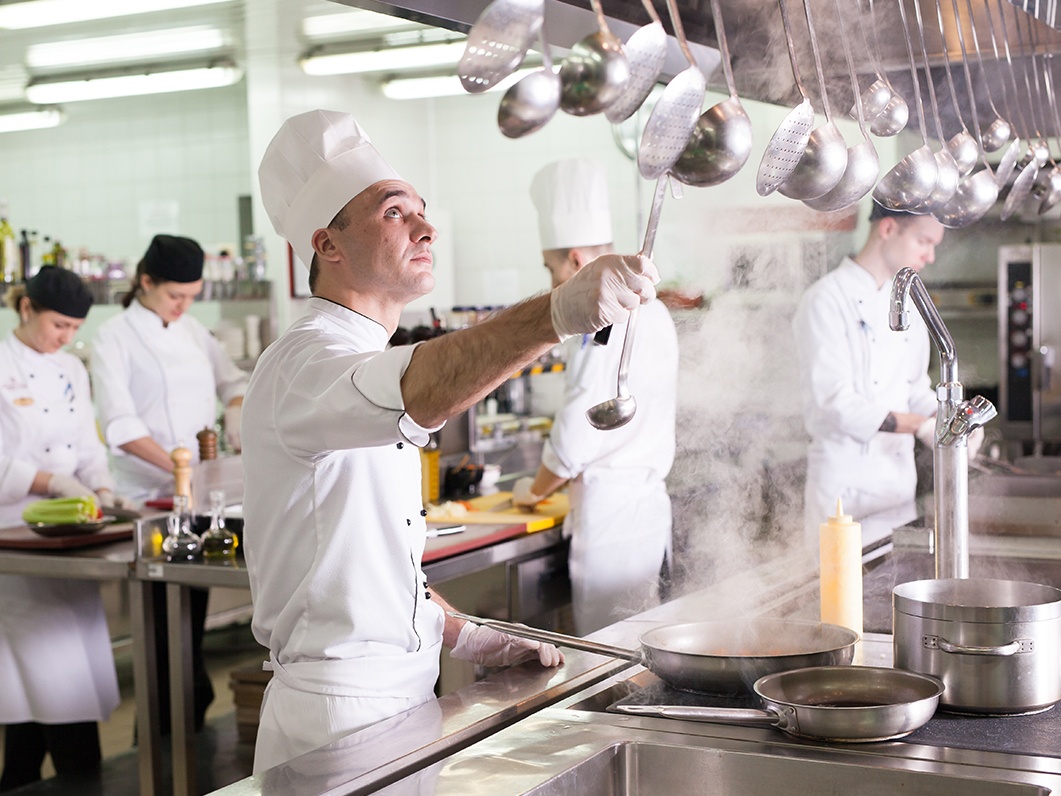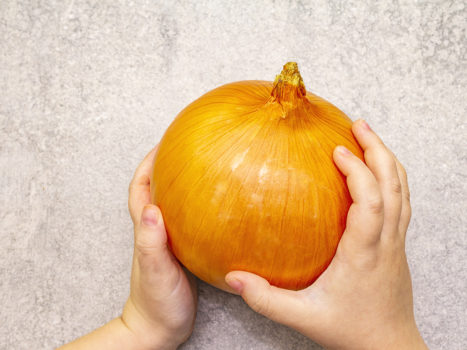An ounce of prevention is worth 40,000 pounds.
Addressing the Coronavirus COVID-19 on a dedicated page at https://restaurant.org/Manage-My-Restaurant/Business-Operations/preparedness/Covid19, the National Restaurant Association addresses how the foodservice industry can best respond to the issue.
It says, “The restaurant industry is home to more than 15 million trained and skilled employees in restaurants across the country serving the public every day. The restaurant industry is open and the tables at America’s 1+ million restaurant and foodservice locations are always a great place to gather with friends and family. To ensure that restaurants have the latest information about coronavirus, we created this industry-specific guidance for owners and operators. The industry works day in and day out at food safety. You can find out more about ongoing ServSafe training and certification programs here.”
The site then provides links ServSafe for food managers, https://www.servsafe.com/ServSafe-Manager, and ServSafe for food handlers, https://www.servsafe.com/ServSafe-Food-Handler.
The intent is to “engage with local, state, and federal officials to help our employers and employees address this public health emergency,” according to a March 5 update.
First defining COVID-19 as a respiratory illness first detected in Wuhan, China, the NRA notes the novel Coronavirus’s similarities to and differences from other viruses. “Typically, respiratory viruses are most contagious when an individual is most symptomatic, but there have been reports of the virus spreading when the affected individual does not show any symptoms,” it says.
And it says that the foodservice industry is responding by following “strict local public health guidelines.” The site says, “To meet these guidelines, restaurants have safety protocols and best practices in place, including guidance from ServSafe. Owners and operators should contact their local health departments for the latest advisories/information about coronavirus in their community. The Association also has a fact sheet in English and Spanish with information specific to the industry [available at the link provided above].”
Proactively, everyone in the foodservice industry and the public at large is advised to “take the same steps they would to keep from getting the flu: get a flu vaccine, take everyday preventative actions – like washing your hands often – and see a doctor when you are sick. The World Health Organization (WHO) also has a preliminary guidance on getting a workplace ready for COVID-19.”
The NRA notes that it is “still unknown if or how the coronavirus will impact the foodservice supply chain. Many organizations and researchers are monitoring developments.”
And of course news is coming in at a steady pace, with the NRA saying that to “ensure that the foodservice industry can easily access the latest resources from the best sources, we will continue to update this page as new information develops.”
A basic fact sheet for foodservice industry can be found at


